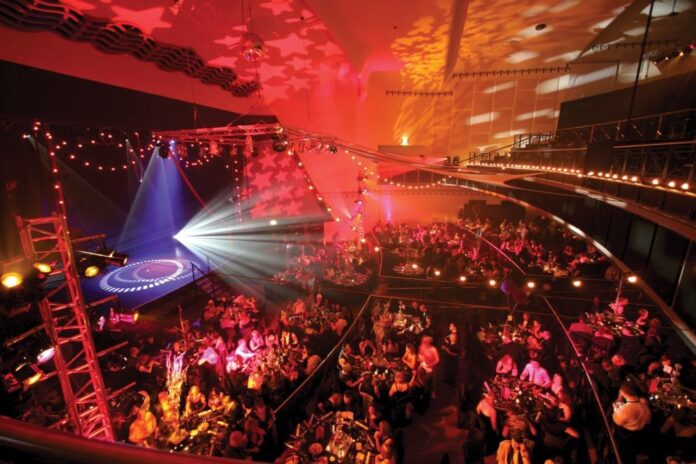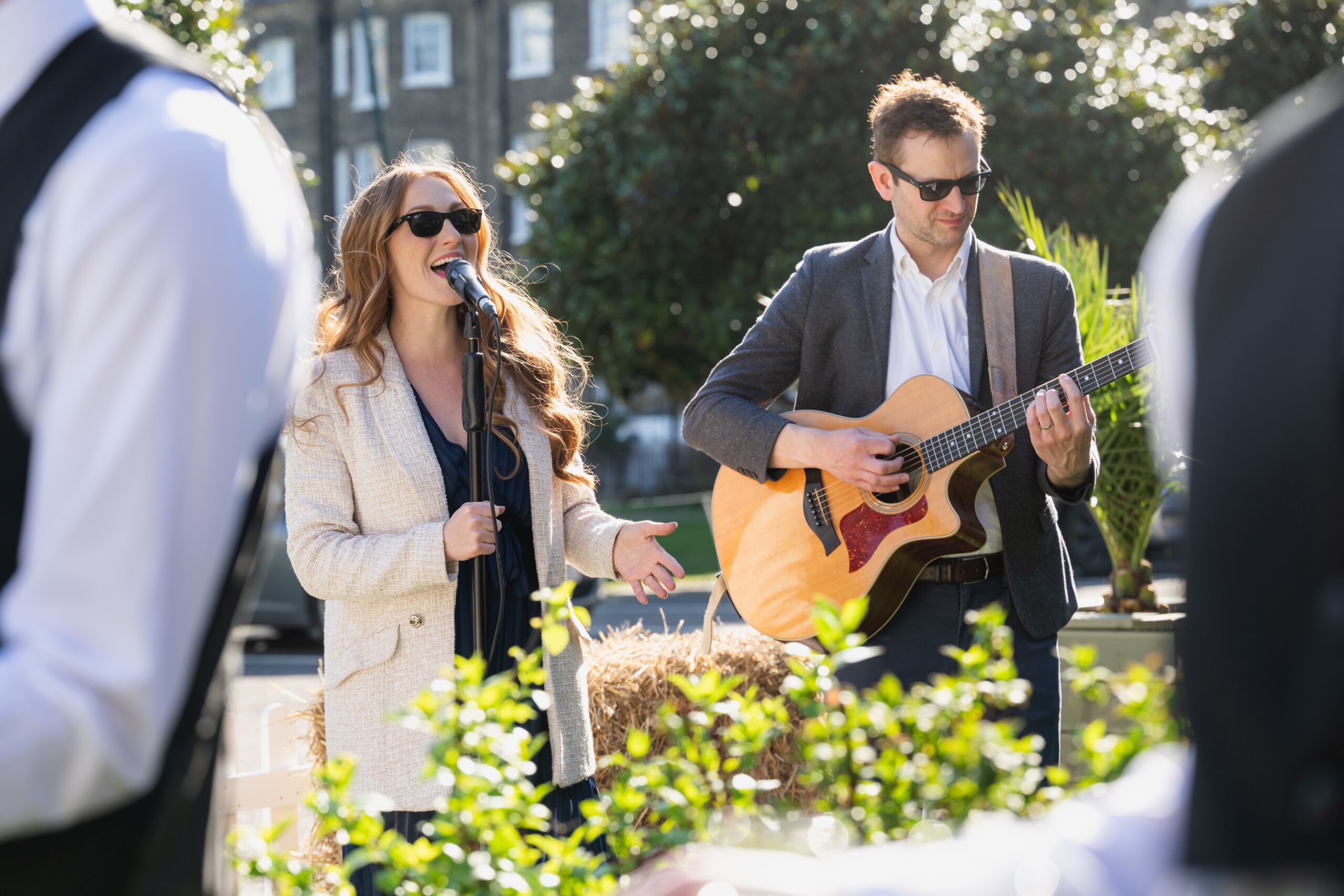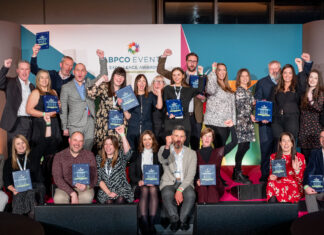With working from home now firmly established as the norm for many, how has this mega trend impacted event planners and their events? How has it affected the appetite for getting together at events? Have organisers changed their approach? And have events become more important than ever to foster community among a fragmented and remote workforce?
The answers to these questions have emerged from qualitative research with corporate event planners, conducted by Athena, the Art Deco multi-purpose events venue located in Leicester’s cultural quarter. The findings revealed three common trends when it comes to business events and award ceremonies.
Incentivising delegates now crucial
Event planners may need to offer more incentives to encourage delegates to leave their home offices, particularly as they encounter higher travel and accommodation costs.
The Land Registry has embraced subsidised travel and tickets at events. Paul Hayden, Secretary of LR Leisure, the Land Registry’s sports and social organiser, has found that the rise in remote working has led to a greater need to foster a sense of community. He says: “To get people to move, we need to think about incentives at events. There was pent-up demand for in-person events post-Covid, but this only happened for a short time.
“As a solution, many of our offices have been hosting events within offices to get people back socialising and into the office, which importantly acts as a springboard for other events.”
Personalising awards is key, too, adds Hayden. “At our recent awards event, held at Athena, there is a people’s award where one person from each office is nominated. This award is voted for by staff, which drives both engagement and attendance.”
Greater demand for awards and recognition events
The rise in remote working and fragmented workforces has led to a greater demand for fun and celebratory awards that recognise and reward people and products, and unite teams.
Leanna Ellis, events director of FMC, organised The Dentistry Awards at the Athena in Leicester in November. She said: “The want to recognise, or have recognition, has increased. Fragmented workforces have driven this trend for some industries. Social media has also driven demand. Traditionally, the typical British thing to do is to not boast about your achievements – social media has changed that – it is now ok to talk about your success. The dentistry industry now recognises the power of social media as a free marketing tool to shout about your achievements, and this is boosting the power and demand for awards and recognition events.”
High drop-out rates renews focus on strategy and quality
Working from home has made people more selective about which events they attend. Event planners have also had to be more mindful of employees’ personal time and work-life balance, which has led to some events being organised within working hours.
Abi Reed, Events Manager of Gateley, organised a fundraising event at Athena this year. She said: “Dropouts on the day have increased since hybrid working has become much more widespread. Sometimes plans change and people end up working from home, or have childcare issues, so last-minute dropouts have become a huge challenge for event planners.
“With this in mind, we have changed our strategy, and given greater attention to what our target audience want, why we are hosting the event, who we want there, and what we want to achieve. This is to ensure we are creating events our target audience want to leave their homes to attend.”












